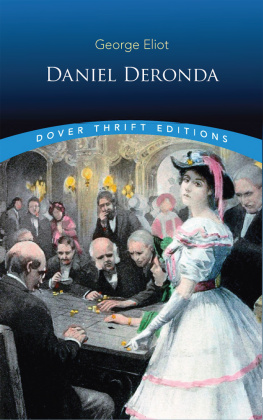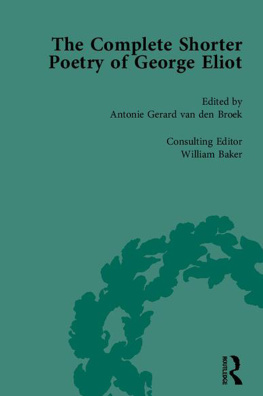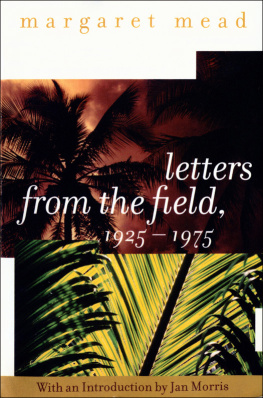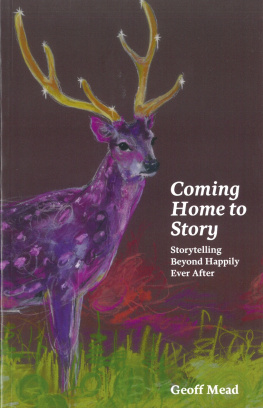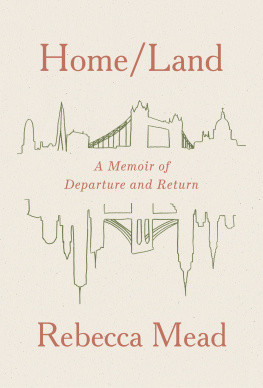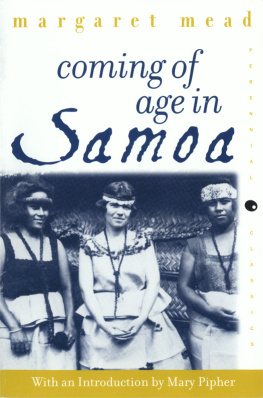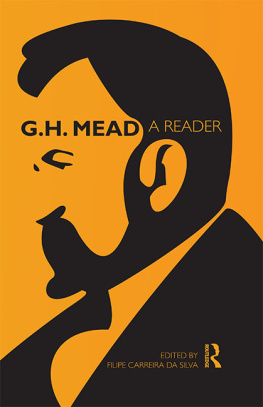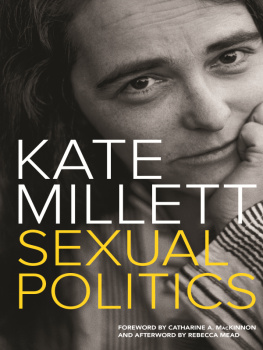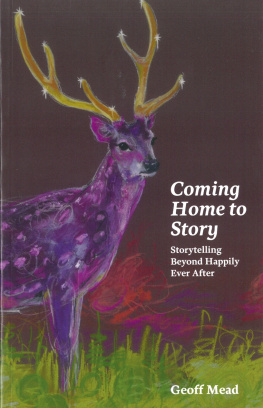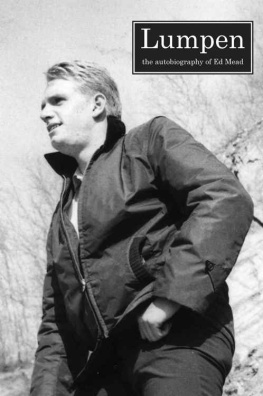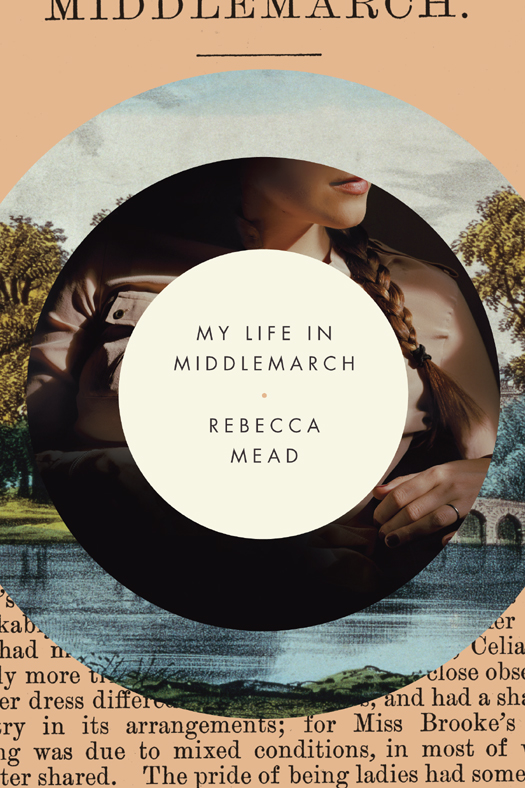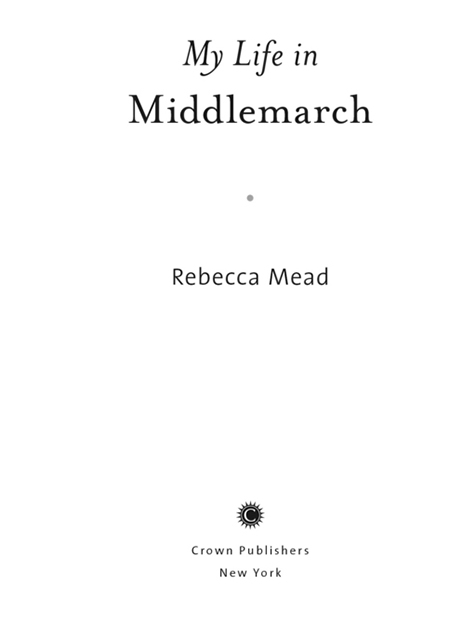Copyright 2014 by Rebecca Mead
All rights reserved.
Published in the United States by Crown Publishers, an imprint of the Crown Publishing Group, a division of Random House LLC, a Penguin Random House Company, New York.
www.crownpublishing.com
CROWN and the Crown colophon are registered trademarks of Random House LLC.
Library of Congress Cataloging-in-Publication Data
Mead, Rebecca.
My life in Middlemarch / Rebecca Mead.First edition.
Includes bibliographical references.
1. Eliot, George, 18191880. Middlemarch. 2. Mead,
RebeccaBooks and reading. 3. Creation (Literary, artistic, etc.) I. Title.
PR4662.M43 2014
823.8dc23 2013011477
ISBN 978-0-307-98476-0
eBook ISBN: 978-0-307-98478-4
Jacket design by Elena Giavaldi
Jacket photographs: Marco Scozzaro;
(landscape) SuperStock/Getty
v3.1_r1
For my mother, and in memory of my father
Contents
Prelude
Here was something beyond the shallows of ladies school literature.
MIDDLEMARCH, CHAPTER 3
W hen I was seventeen years old and still living in the seaside town where I spent my childhood, I would go for a few hours every Sunday morning to the home of a retired teacher of English literature to talk about books. She was the wife of an admiral in the Royal Navy and had been enlisted by my school to tutor me, along with a couple of my classmates, for our university entrance examinations.
My town is in the southwest of England, in a mostly rural county that is cut through by narrow roads and hedgerowed lanes that discreetly delineate the ancestral holdings of landed families. The admiral and his wife lived in a village just outside town, and their living room overlooked chalky hills. Here we sat, week after week, reading narrowly but closely: analyzing Metaphysical poets and dissecting tragic themes in Shakespeare. The biggest book we read was Middlemarch, by the Victorian novelist George Eliot, who was born Mary Ann Evans near Nuneaton, not far from Coventry, in 1819.
I had the Penguin English Library edition, a brick of a paperback nine hundred pages long. On the front cover was a detail from a painting of a young woman in a full white skirt and a long black tunic, climbing some stone steps to scale a fence and reach a wooded thicket that abuts a golden hillside. The painting dates from 1839, but the scene looks exactly like a stretch of countryside that lay within five minutes walk of my parents house.
I was aching to get away from this landscape. Oxford was the immediate goal, but anywhere would do. My town had no colleges, no theaters, no museums. It seemed to me to offer no opportunity to live a cultured, intellectual life, which was what I avidly aspired to do, even if I had only a very imprecise notion of what that might consist of. I noted the subtitle of MiddlemarchA Study of Provincial Lifeand as I looked out of my teachers window over hills that were frequently sodden with rain, grazed by forlorn sheep, my home seemed to me barely less provincial than the Midlands of the 1830s the book described.
The novel, which charts the intersecting lives of a number of residents of an English town, was riveting, from the very first sentence of its first chapter. Miss Brooke had that kind of beauty which seems to be thrown into relief by poor dress, it reads, and you know immediately that you are in the company of an unconventional heroine. On that first encounter, I identified completely with Miss Dorothea Brooke, an ardent young gentlewoman who yearns for a more significant existence. This identification was in spite of the difference between our social stations. Dorothea lives at Tipton Grange, a large estate equipped with household staff. My family lived in a modest house with a small garden, built in the 1950s, and I only had to go back a few generations to find ancestors who had belonged to the household staff on properties like the Brookes.
Dorothea, who at the novels outset is nineteen, disdains the attentions of her neighbor and suitor, Sir James Chettam, an altogether too amiable baronet, who said Exactly to her remarks even when she expressed uncertainty. Instead, she makes a spectacularly unwise marriage to the Reverend Edward Casaubon, a pedantic middle-aged scholar laboring on his notes for an endlessly deferred masterwork with the deadly title The Key to All Mythologies, whom she initially mistakes for a sage in parsons clothing.
Parallel with the story of Dorothea, we have that of Dr. Tertius Lydgate, an idealistic young physician newly arrived in town. He aims to establish a practice along modern principles and to make great discoveries, but his ambitions are fatally curtailed by his marriage to Rosamond Vincy, the willful, empty-headed town beauty. We meet Will Ladislaw, a youth of tempestuous passions, full of high-flown aspirations to be an artist or a poet; a cousin of Mr. Casaubon, Ladislaw is drawnin the most honorable of fashionsto his cousins new young wife, who comes also to depend upon him. We meet Rosamonds brother, Fred Vincy, the feckless but well-intentioned son of the towns mayor; and we meet the young woman Fred has set his hopes on, clever, practical, sardonic Mary Garth, the daughter of a financially squeezed land agent. We come to know Nicholas Bulstrode, the sanctimonious, overbearing banker, who insists that others conform to religious principles thatit is no surprise ultimately to discoverhe has not always observed himself. And we learn about the Reverend Camden Farebrother, the humane, generous clergyman who understands the frailties of his flock because, being an occasional gambler and a habitual smoker, he is well aware of his own.
This book, which had been published serially in eight volumes almost a hundred years before I was born, wasnt distant or dusty, but arresting in the acuteness of its psychological penetration and the snap of its sentences. Through it, George Eliot spoke with an authority and a generosity that was wise and essential and profound. I couldnt believe how good it was.
And I couldnt believe how relevant and urgent it felt. At seventeen I was old enough to have fallen in love, and I had intellectual and professional ambitions, just like Eliots characters. I was, after all, working hard to get into one of Englands ancient universities, something no one in my family had ever done before. The questions with which George Eliot showed her characters wrestling would all be mine eventually. How is wisdom to be attained? What are the satisfactions of personal ambition, and how might they be weighed against ties and duties to others? What does a good marriage consist of, and what makes a bad one? What do the young owe to the old, and vice versa? What is the proper foundation of morality? I marked passages with a fluorescent pen: from chapter 37, as Dorothea realizes Casaubons intellectual inadequacies: Now when she looked steadily at her husbands failure, still more at his possible consciousness of failure, she seemed to be looking along the one track where duty became tenderness; from chapter 64, where Lydgate and Rosamonds marital relations are at their most strained: In marriage, the certainty, She will never love me much, is easier to bear than the fear, I shall love her no more. These seemed like things worth holding on to. The book was reading me, as I was reading it.
My copys back cover cited what I later came to realize was the most celebrated characterization of the novel: Virginia Woolfs observation that


